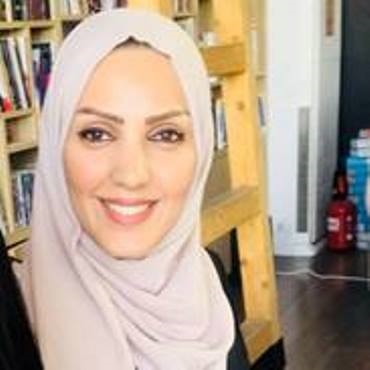Scientific Program

Manar Jabbar Hussein
Zanko Hospital, Iraq
Biography:
Dr. Manar Jabbar Hussein A specialist in obstetrics and gynecology and sub speciality in aesthetic gynecology Board degree in obstetrics and gynecology ( F. I. C. O. G. ) Master degree in aesthetic gynecology
Abstract
Background and objective: The ovary has a biological age that does not always correspond to the chronological age; this may be of great importance for the evaluation of women reproductive outcome. This study aimed to determine the effect of maternal age on the pregnancy rate, and the ovarian reserve markers (antimullerian hormone, follicular stimulating hormone, and antral follicular count).
Methods: A cross-sectional study was conducted in the in vitro fertilization center at the Maternity Teaching Hospital located in Erbil city, from January 1, 2015, to January 31, 2016. A convenience sample of 300 infertile women of different age groups was included in the study. Transvaginal ultrasound was conducted to determine antral follicular count, and blood test was done for determination of serum antimullerian hormone and follicular stimulating hormone. The study sample was divided into four age groups. Chi square test, ANOVA test, Pearson correlation, and logistic regression were used to determine the associations.
Results: The biochemical pregnancy rate of the study population was 37% and the clinical pregnancy rate was 32%. The most common type of infertility among the studied sample was primary infertility (74%). Results showed a strong inverse significant correlation between antimullerian hormone and antral follicular count with age, but there was no statistically significant association between maternal age and serum follicular stimulating hormone.
Conclusion: Maternal age is a significant factor that can affect ovarian reserve and causes ovarian aging. The pregnancy rate decreases with advanced maternal age. Keywords: Antimullerian hormone; Antral follicular count ; Female age; Ovarian reserve
- Gynecology, Obstetrics and Their Advancements
- Gynecological Endocrinology
- Urogynecology
- Gynecological Oncology
- Midwifery and Women Health
- Reproductive Medicine
- Infertility
- ART (Assisted Reproductive Technology)
- Sexual and Reproductive Health
- Gynecological Surgery
- Menopause
- Maternal Fetal Medicine

